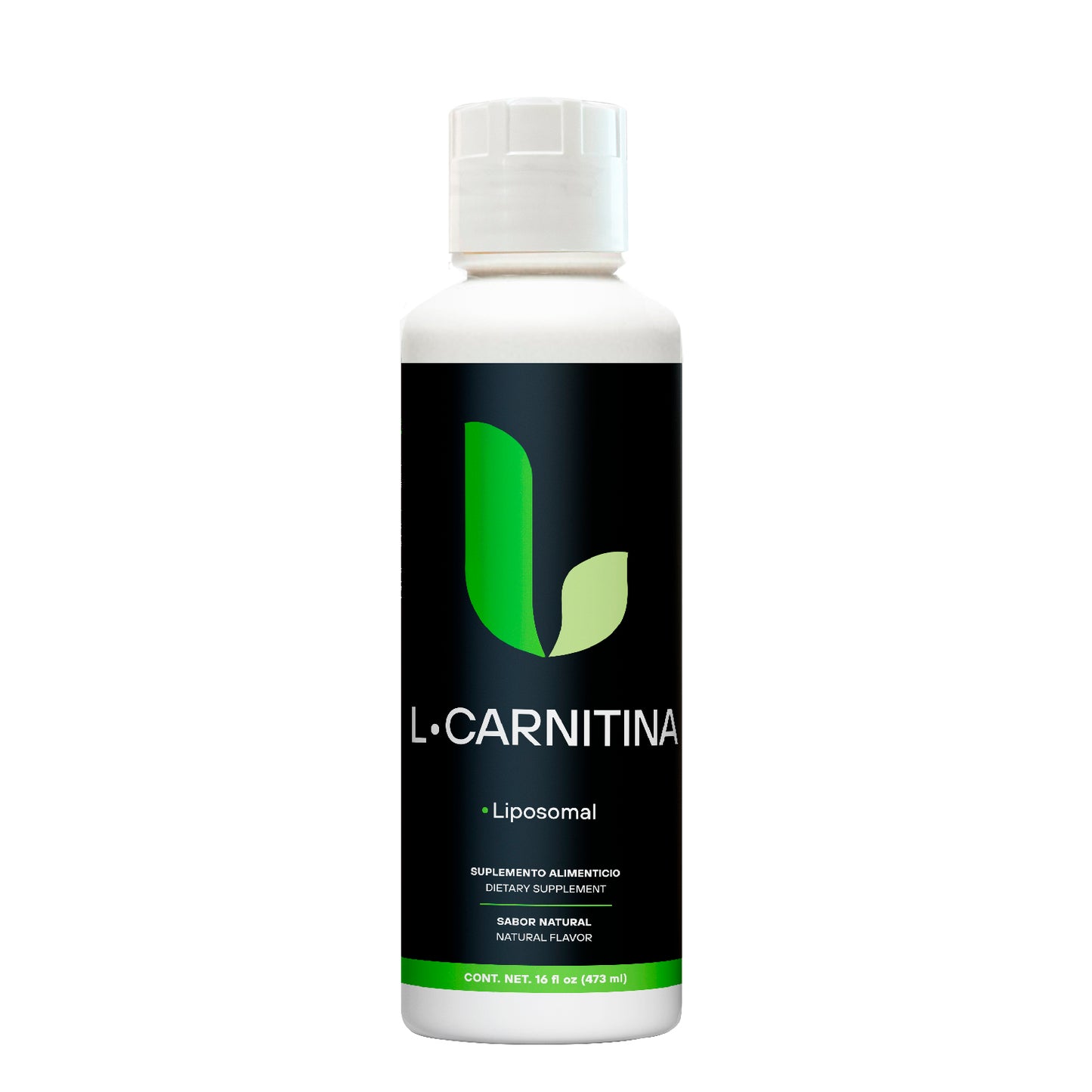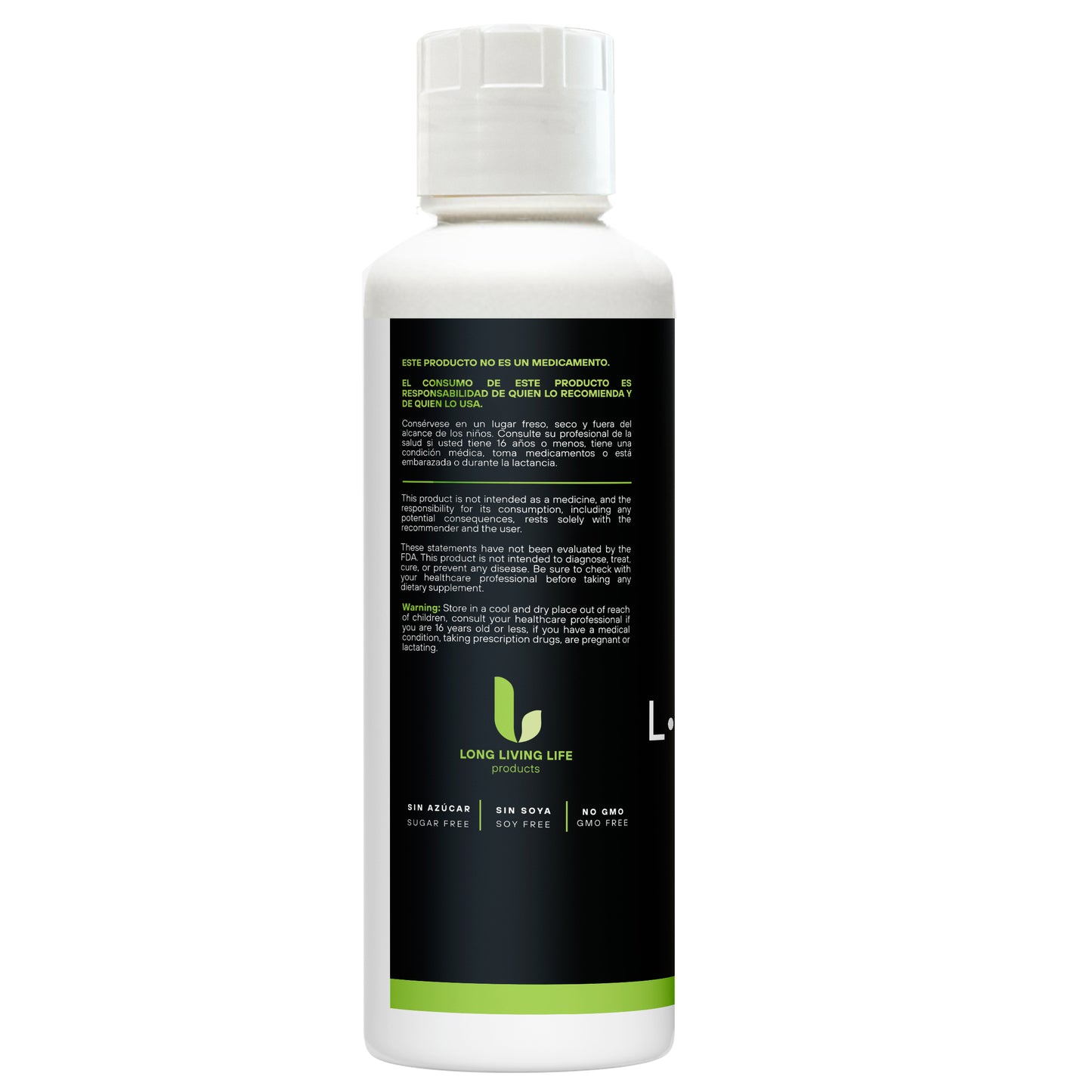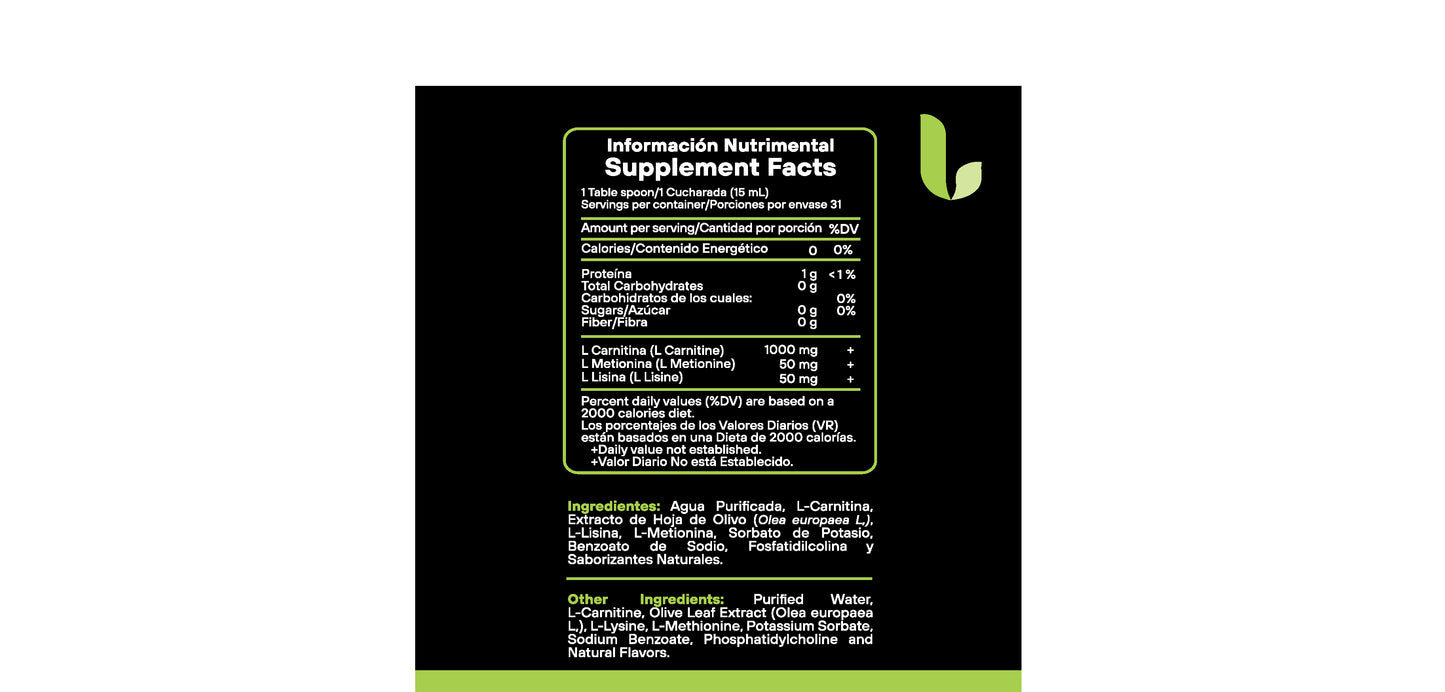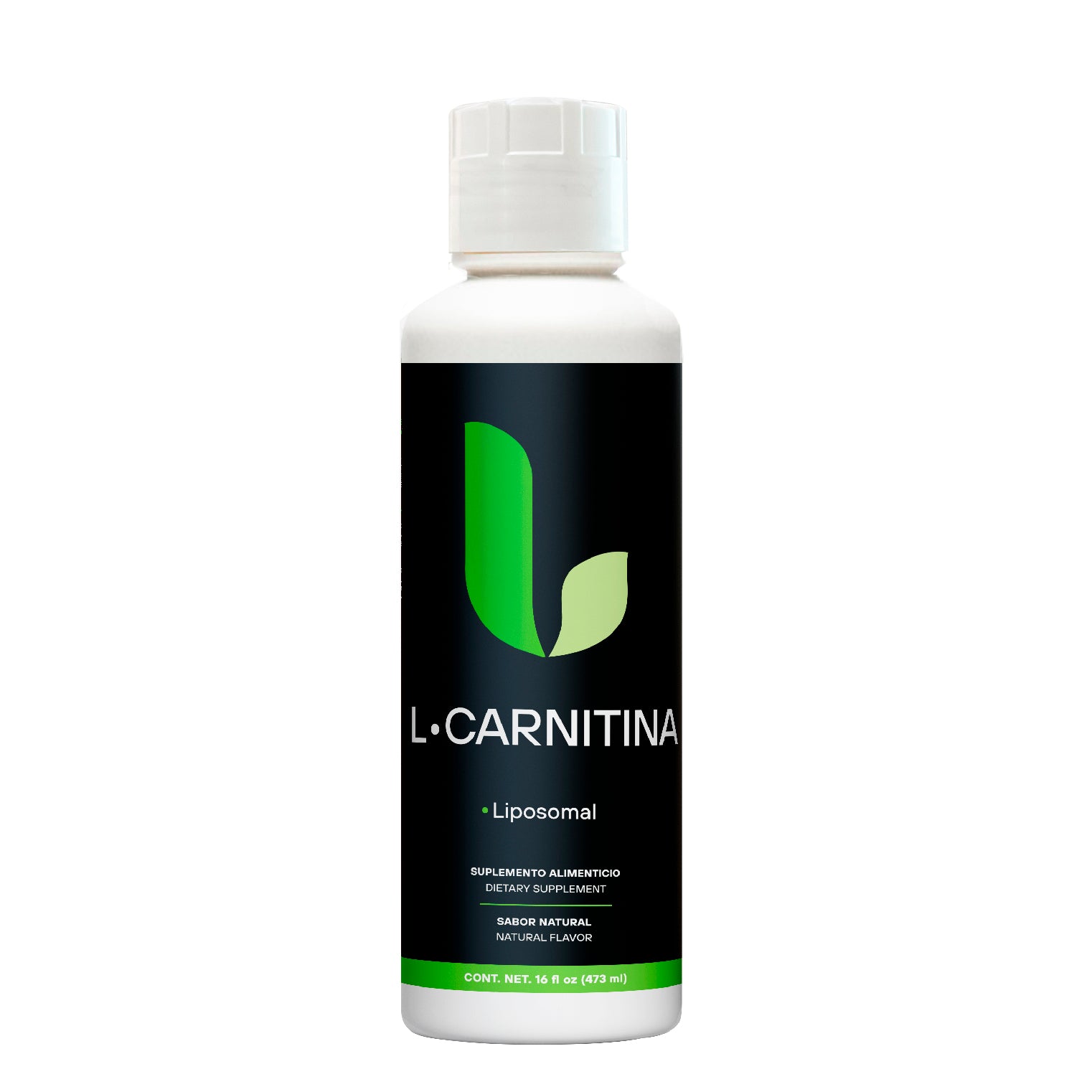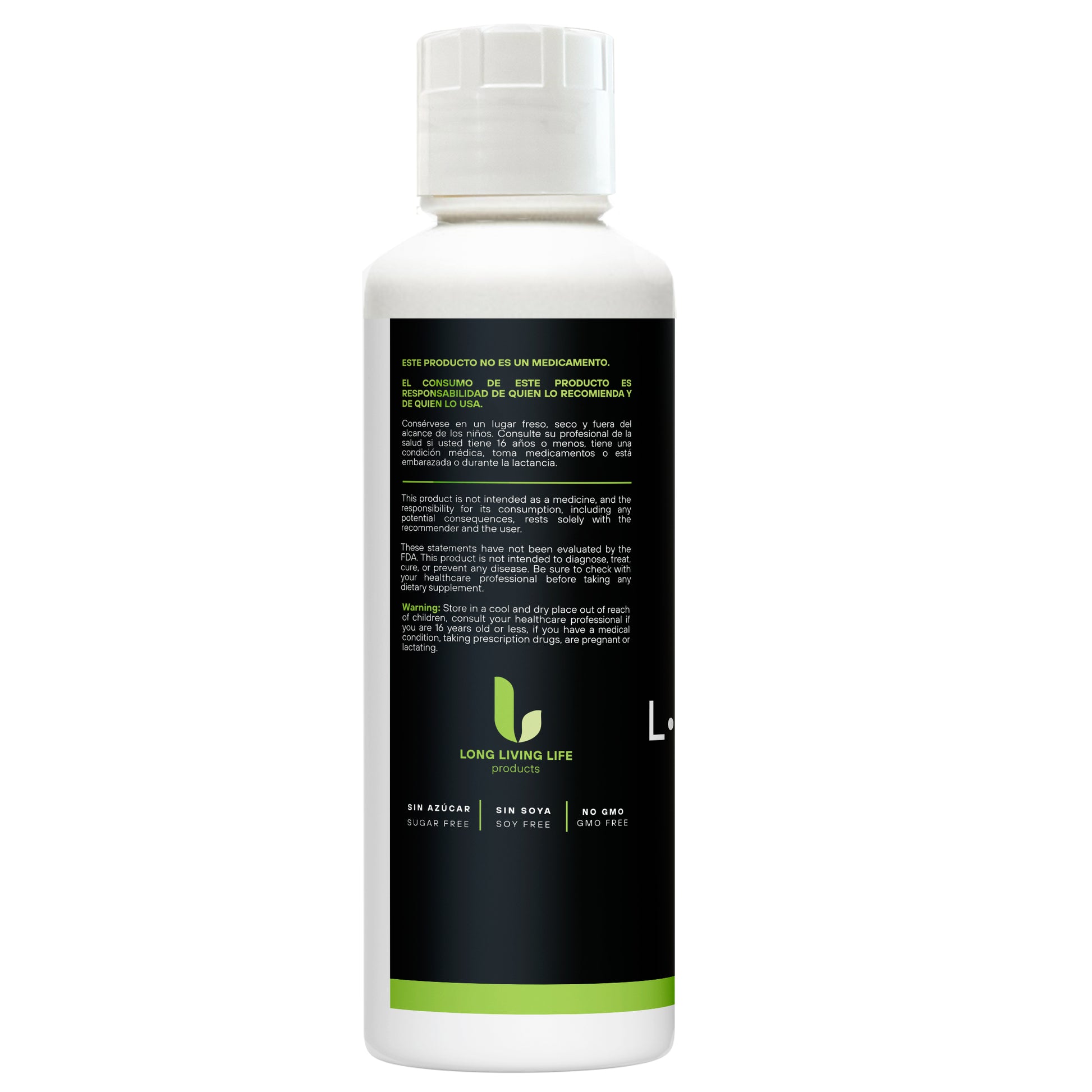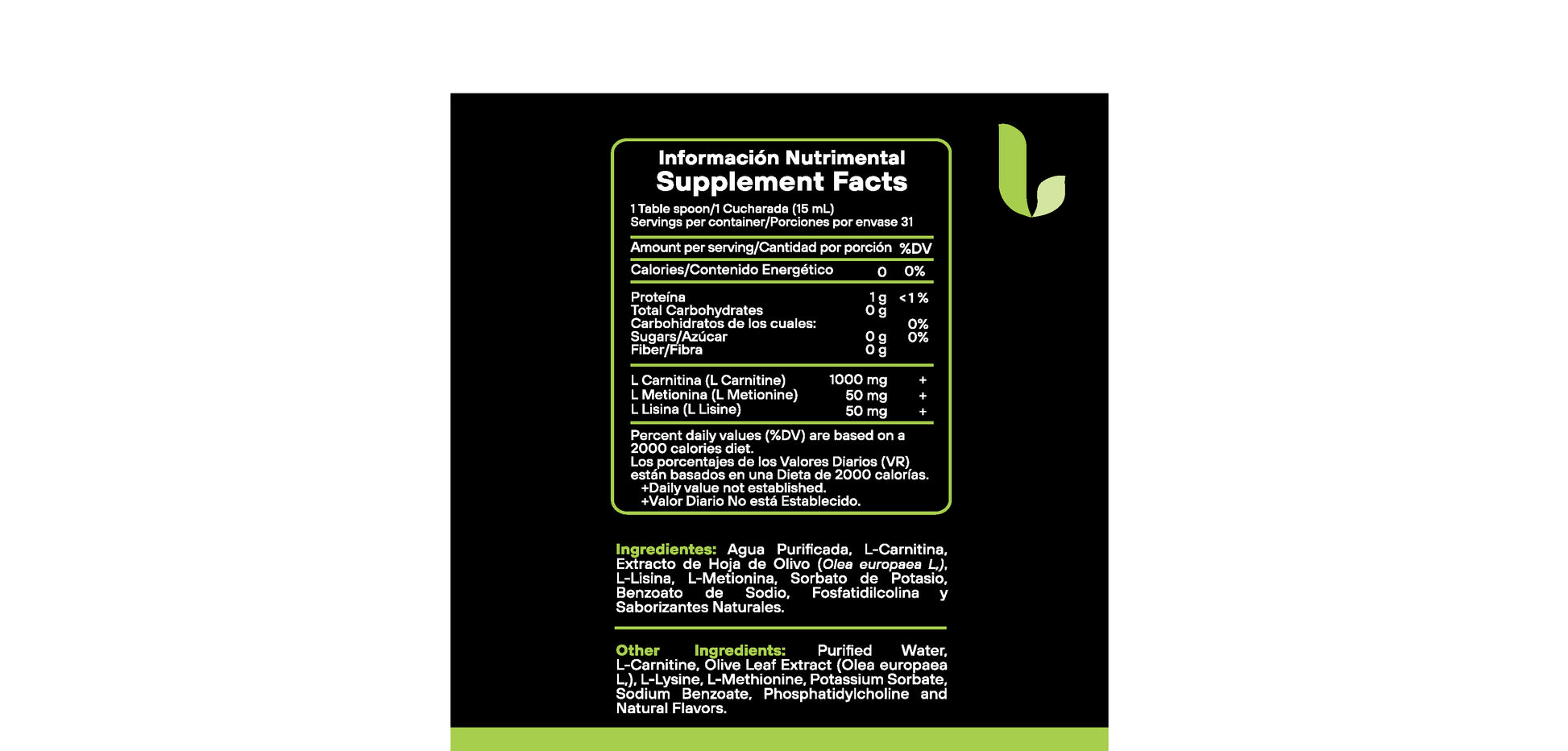My Store
Nano Liposomal L-Carnitine fortified with L-Metionine and L-Lisine unique formula 473 mL.
Nano Liposomal L-Carnitine fortified with L-Metionine and L-Lisine unique formula 473 mL.
Couldn't load pickup availability
Product Description
A synergistic formula combining Nano Liposomal L-Carnitine with the essential amino acids L-Methionine and L-Lysine to enhance metabolic efficiency, support fat oxidation, muscle maintenance, and recovery.
Serving per container 31
Suggested Use:
Take 15 ml once or twice a day, with or without food or as directed by a healthcare provider. Liposome liquid form may offer faster absorption.
Key Ingredients
1. Nano Liposomal L-Carnitine
- Form: Encapsulated in nano-sized liposomes for improved absorption.
- Function: Transports long-chain fatty acids into mitochondria for energy production.
- Benefits:
- Supports fat metabolism and weight management
- Enhances physical performance and endurance
- Aids in recovery post-exercise
2. L-Methionine
- Function: Sulfur-containing essential amino acid involved in methylation, detox, and antioxidant synthesis (e.g., glutathione).
- Benefits:
- Supports liver detoxification
- Enhances skin and nail health
- Promotes the synthesis of creatine and SAMe (S-adenosyl methionine)
3. L-Lysine
- Function: Essential amino acid involved in collagen formation, immune function, and calcium absorption.
- Benefits:
- Supports muscle repair and recovery
- Aids immune system function
- May reduce the frequency of herpes simplex outbreaks
Mechanism of Action
- L-Carnitine helps shuttle fatty acids into mitochondria → ATP production.
- L-Methionine donates methyl groups for metabolic processes and detox pathways.
- L-Lysine contributes to tissue repair and immune defense.
Key Benefits
|
Benefit |
Mechanism |
|
Enhanced Fat Metabolism |
L-Carnitine increases mitochondrial transport |
|
Improved Muscle Recovery |
Lysine aids protein synthesis |
|
Detox & Antioxidant Support |
Methionine supports glutathione production |
|
Boosted Energy & Endurance |
Enhanced fatty acid oxidation |
|
Immune System Support |
Lysine plays a role in antibody production |
Precautions & Interactions
Methionine may interact with MAO inhibitors.
L-Carnitine might increase TMAO in some individuals (monitor in cardiovascular risk).
Pregnancy/Lactation: Consult a healthcare provider.
Formulation Notes
- Nano Liposomal Delivery: Enhances cellular uptake and protects against stomach acid degradation.
- Preservative-free, Soy-free, Non-GMO (if desired for clean-label formulations).
Scientific References
- Malaguarnera, M. et al. (2007). "Carnitine derivatives: clinical usefulness."
- Benevenga, N. et al. (1989). "Nutritional significance of methionine."
- Griffith, R. S. (1981). "L-Lysine therapy in herpes simplex virus infection."
Safety & Precautions
- Consult a physician before use if pregnant, nursing, or on medication (especially anticoagulants).
- Not intended to diagnose, treat, cure, or prevent any disease.
Storage
Store in a cool, dry place. Liquid/liposomal forms should be refrigerated after opening.
Share
